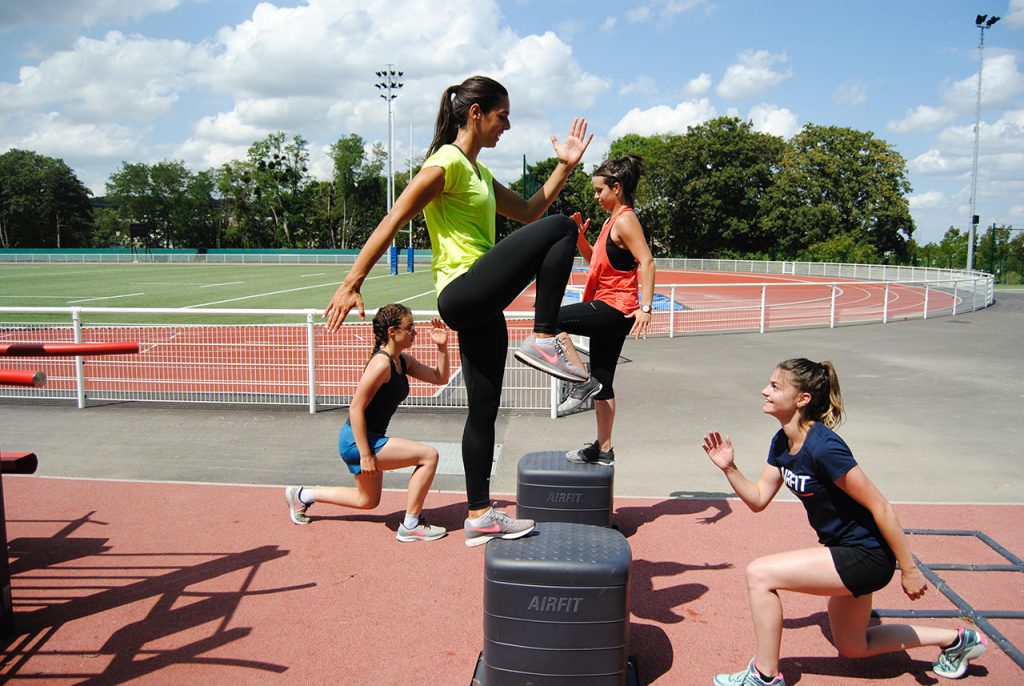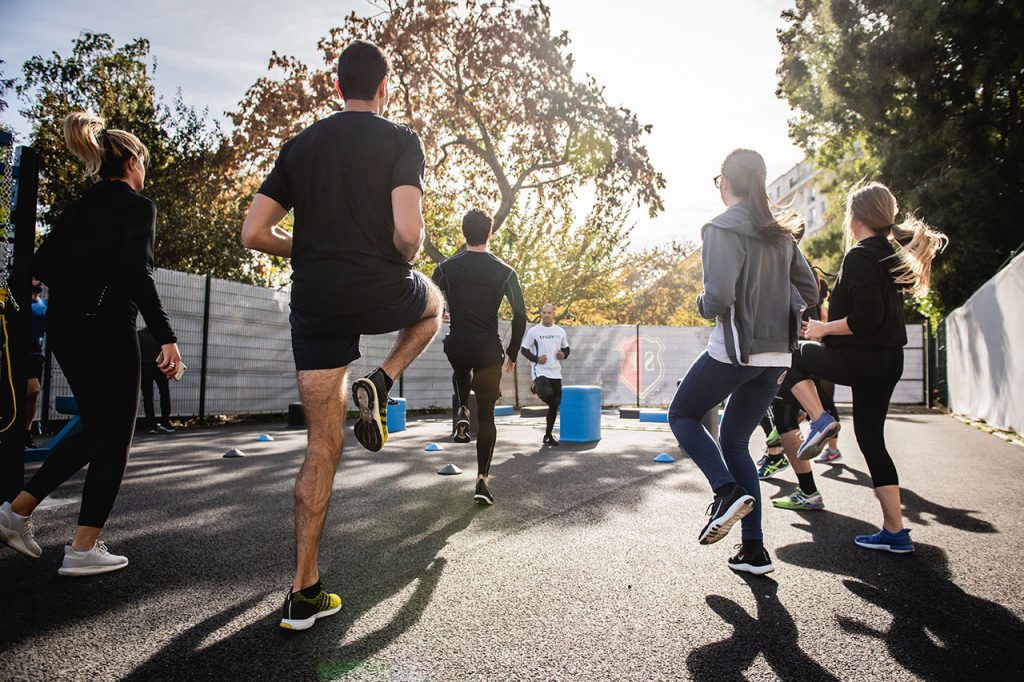Running continues growing in popularity as more people recognize its physical and mental benefits. But with running’s expansion comes questions—do casual, recreational runners really need a coach? Or are coaches mainly necessary for elites chasing podium spots? Read on as we explore the nuances of coaching amateur runners.
Table of Contents
You may also want to know: The Complete Guide to Start Running for Better Health
Pros of Coaching Amateur Runners
While beginner and mid-pack runners aren’t gunning for Olympic glory, coaches still provide advantages:
Preventing injury – Flawed form and improper training often cause injuries. A coach corrects technique and builds fitness safely.
Accountability – Coaches provide structure and accountability that some runners lack without outside guidance.
Expertise – Coaches supply knowledge casual runners may not possess as a hobbyist. Guidance on gear, nutrition, recovery, drills, strength training, taper planning, and more keeps runners healthy and improving.
Motivation – Coaches inspire runners to work hard and renew motivation during challenging stretches. Social support and shared goals help runners persevere.
Periodized training – Coaches design training plans with purposeful periodization for continual gains, unlike chaotic improvised training.
Troubleshooting – Coaches help runners objectively problem-solve setbacks like injuries, burnout, and plateaus that commonly derail progress.
Race execution – Coaches give pre-race tips on gear, nutrition, pacing strategy, and in-race adjustments to optimize performance.
Self-analysis – Coaches analyze data and performances to provide unbiased feedback about strengths, weaknesses, and areas needing improvement.
Enjoyment – Shared training journeys and camaraderie with coaches enhance the fun and social aspects of running.

Cons of Coaching Amateur Runners
While coaches offer clear advantages, some downsides exist:
Cost – Group coaching costs ~$100-150/month while private coaching runs $200-300+ per month. This expense may not suit all budgets.
Time commitment – Communicating with your coach and executing prescribed training takes additional time not all runners have.
Rigid training – Some runners dislike rigidly following prescribed workouts rather than exercising spontaneously.
Overtraining risk – Runners must communicate honestly with coaches to avoid overtraining injuries related to pushing too hard.
No guarantees – Even with excellent coaching, performance gains aren’t guaranteed and frustration may occur.
Injury restrictions – Coached plans may need modification if pre-existing injuries restrict a runner’s training capabilities.
Does An Amateur Running Need A Running Coach?
Whether coaching is worth the investment for recreational runners depends on several factors:
Your goals – Coaching benefits runners seeking continual improvement vs. those content to jog occasionally without time goals.
Competitiveness – Competitive personalities will more likely appreciate expert training, taper plans, and race strategy guidance from a coach.
Time available – Runners with ample free time for training will gain more from coaching versus busy runners unable to fully commit.
Budget – If you have a discretionary income, coaching provides advantages. For runners on tight budgets, the cost may not prove justified.
Injury history – Runners prone to chronic injuries and technique issues benefit greatly from corrective coaching.
Desire for accountability – Coaches provide accountability for runners who struggle with motivation and consistent training independently.
Preferences – Some runners prefer a flexible, unstructured approach making coaching unnecessary despite the perks.
Access to resources – Runners without easy access to group workouts, trails, gyms, and other training resources can benefit more from remote coaching.
Beginner status – Novice runners have much to gain from coaching as they build fitness and learn proper mechanics.
Distance goals – Marathoners and ultrarunners training for long distances can gain a lot through personalized coaching.
Whether amateur runners succeed through self-coaching or professional guidance comes down to the individual. Cost and availability may limit access to coaches. But for recreational runners seeking improvement, fulfillment, and a social outlet, a coach’s experience and oversight offer clear advantages. Analyze your specific needs and preferences to determine if one-on-one or group coaching serves you best.

Related Links:
https://en.wikipedia.org/wiki/Running




